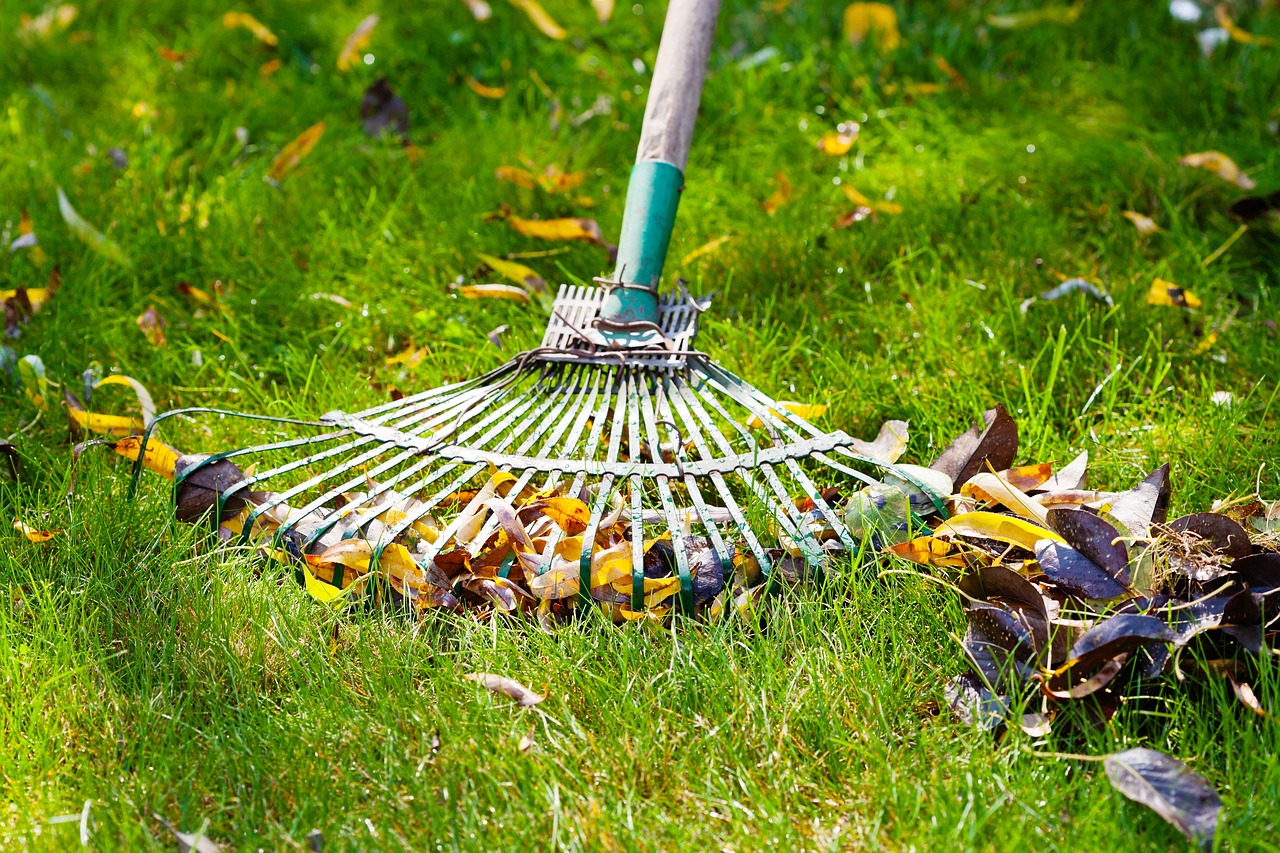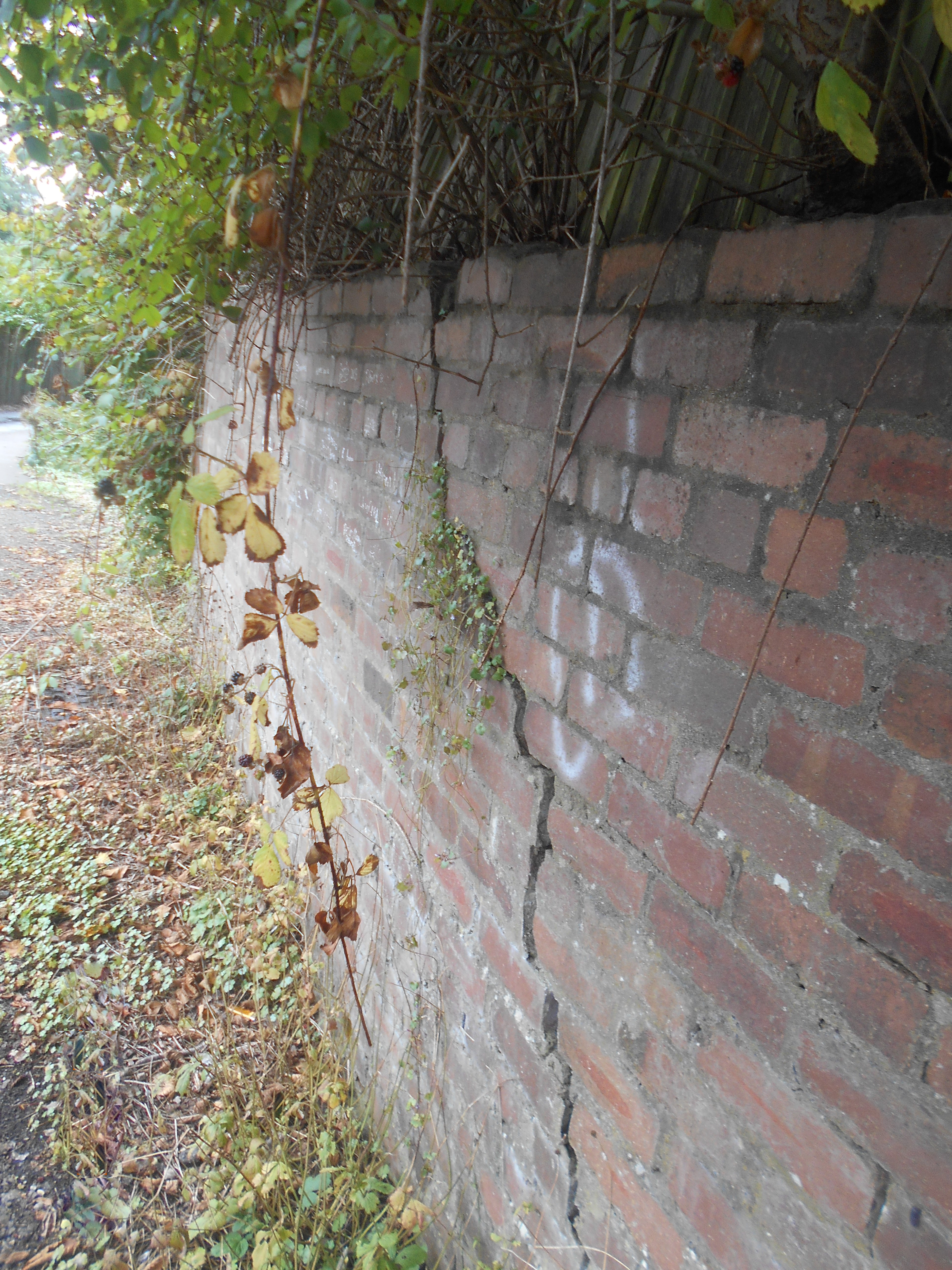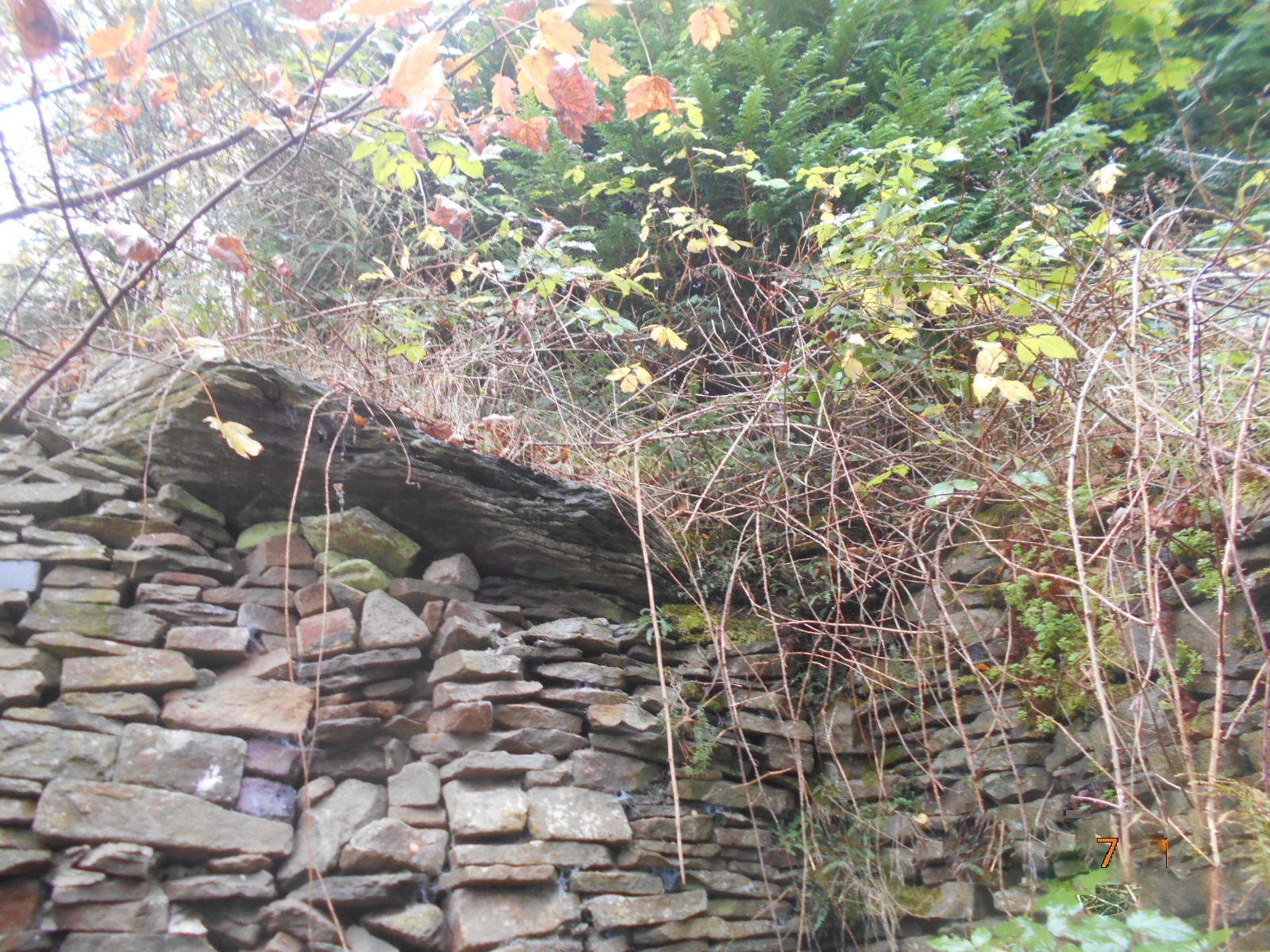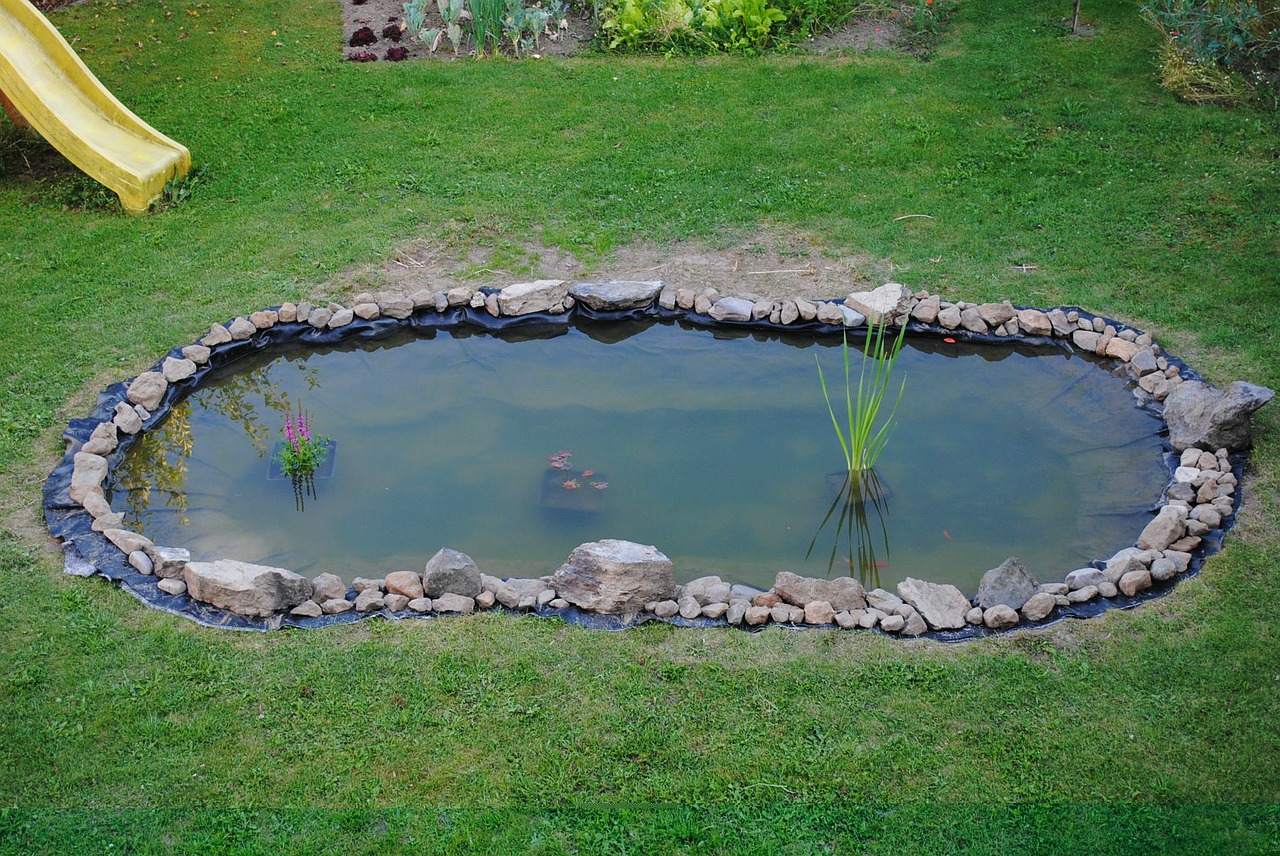Common Garden Problems that Devalue Your Home
When we are valuing a property for a client, we spend as much time considering the exterior as the interior, and that includes all the garden and outdoor space. A well cared for garden, that is in keeping with the size and type of property, is desirable and can add as much as 20% to the value of your home.
But what about those aspects of the garden that have a negative impact on value and on saleability? The outdoor spaces we see often contain expensive mistakes and issues that will put off potential buyers. So, if you are thinking of moving soon or just want to get everything in order, now is a great time to get outside and sort out any undesirables. Here’s our list of some of the most common problems:
1. Overgrown and Untidy
Overgrown lawns, discarded barbeques, overflowing bins, broken toys and dog mess are not appealing to buyers – or valuers for that matter! Before selling your home, it is as important to tidy up the garden as it is the house. Never under-estimate the ‘Kerb Appeal’ of a neat front garden and the further appeal on viewing day of a well-kept back garden, particularly for family homes. You don’t have to be particularly green-fingered or imaginative, but a clean, well-managed garden will allow purchasers to see the whole space and its potential.
2. Invasive Plants
In the UK there are a number of troublesome non-native plant species that are particularly fast growing, invasive, and difficult or expensive to control. These include species such as Himalayan Balsam, Giant Hogweed and perhaps the most well-known, Japanese Knotweed.
Japanese Knotweed is extremely widespread across South Wales and we do see it regularly during surveys. Therefore, it is worth being able to identify the plant (this can be tricky in winter when it dies back) and to check your property regularly for it. Japanese Knotweed does have the potential to cause structural damage and because it is costly and time consuming to control, its presence has a negative effect on property values.
Since 2013, it has been a legal requirement, as part of the conveyancing process, for sellers to declare that it is present on their property. It is also a requirement for sellers to provide a management plan for its eradication from a professional company. This is particularly important as the buyer’s mortgage lender will require assurances about its eradication before agreeing funds. A management plan by a professional eradication company, backed by a transferable guarantee, is usually sufficient, but it is important to check with your legal adviser and individual mortgage lender as requirements can vary.
3. Neglected Boundaries
Around 30% of all structural faults we find during surveys are in the garden, and most often these relate to poorly maintained boundaries. Consider mending any broken fence panels, trimming your hedge and look at the condition of any walls. Cracked and leaning garden walls are extremely common and are off-putting to buyers. They may indicate a serious problem that could be expensive to have put right.
4. Retaining Walls
In the steep communities of the South Wales Valleys another common feature is the retaining wall. These walls, which can be very large structures, often hold back the earth that either your property or a neighbouring property is built upon. Should any defect in the wall develop, the potential for collapse could have a devastating effect. Unfortunately, many of these walls are now well over a hundred years old and have become overgrown and neglected. The cost to the property owner of maintaining a retaining wall can be very high and is often something that potential purchasers do not consider. Also, by their very nature retaining walls are often at the back of terraced houses and difficult to access. We have known situations where the only access to a large retaining wall is through the house and several tons of earth and rubble have had to be carted through the kitchen, living room and out the front door.
5. Swimming Pools, Hot Tubs and Ponds
This last one may be surprising, but some garden ‘improvements’ may in fact not add value to your home at all and may even have a negative effect on value, depending on the type and style of your property. For example, for parents with young children, ponds and other water features in a family garden are a definite safety ‘no-no’ and can be a deal breaker. For them, the time and cost of filling in a pond needs to be taken into consideration.
Our UK climate is also such that most people consider an outdoor swimming pool to be a ‘white elephant’ – expensive to maintain and little used. Hot tubs are increasingly popular in recent years but do also divide opinion. They can be seen as expensive to run, time consuming to maintain and potentially unhygienic. In a small garden they may also take up valuable space. As such you probably won’t get a return on your investment when you come to sell your home, but in our opinion, unless you plan to sell soon, that should never be a reason not to create something that you will enjoy. After all, homes and gardens are all about personal choice.
For more information, or to discuss how we can help you today please contact Kay (Aberdare) on 01685 378894 or Elizabeth (Cardiff) on 029 20625433 or email us at enquiries@jonesbattye.com.








